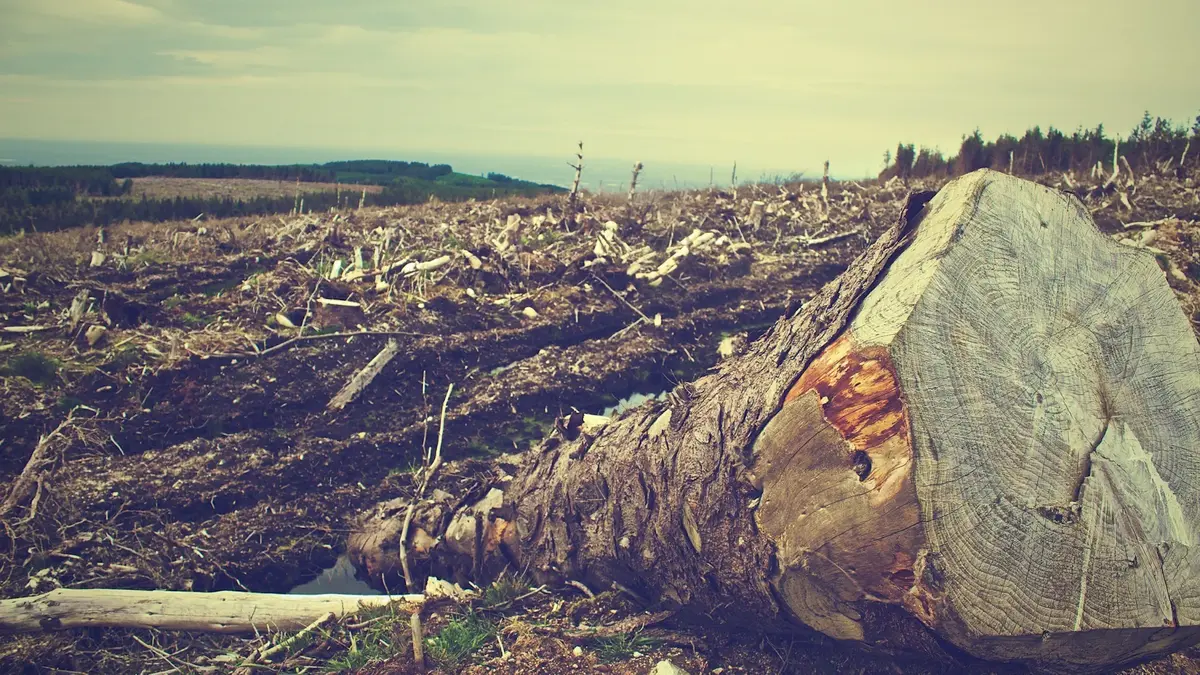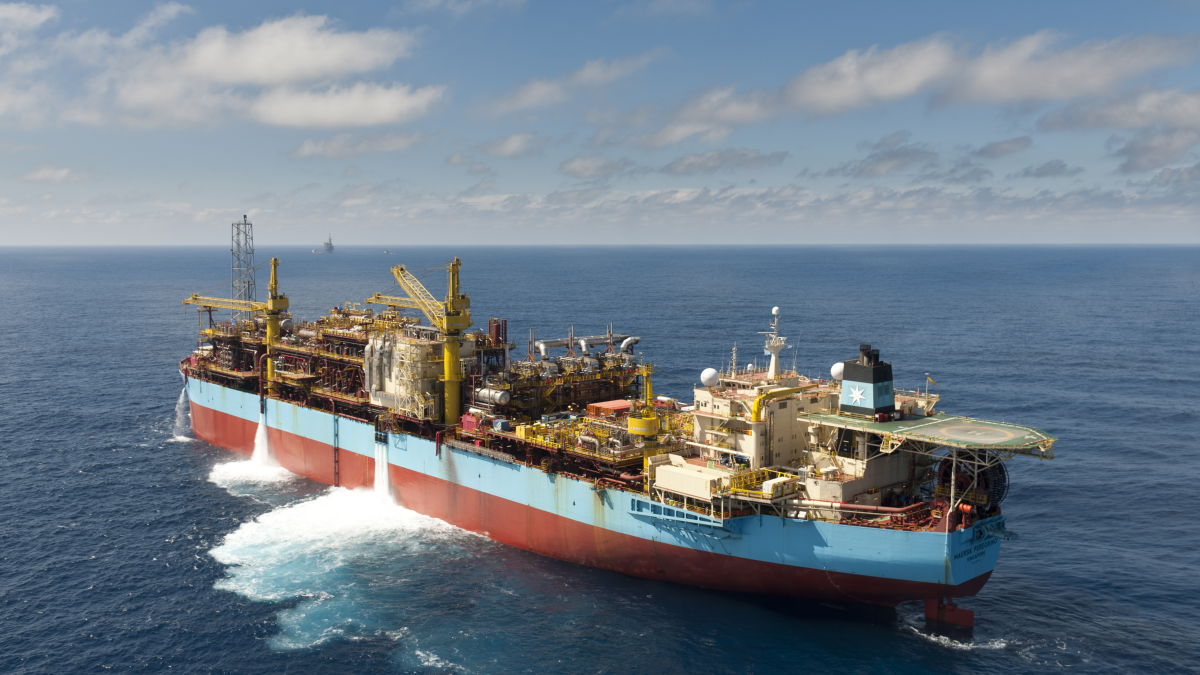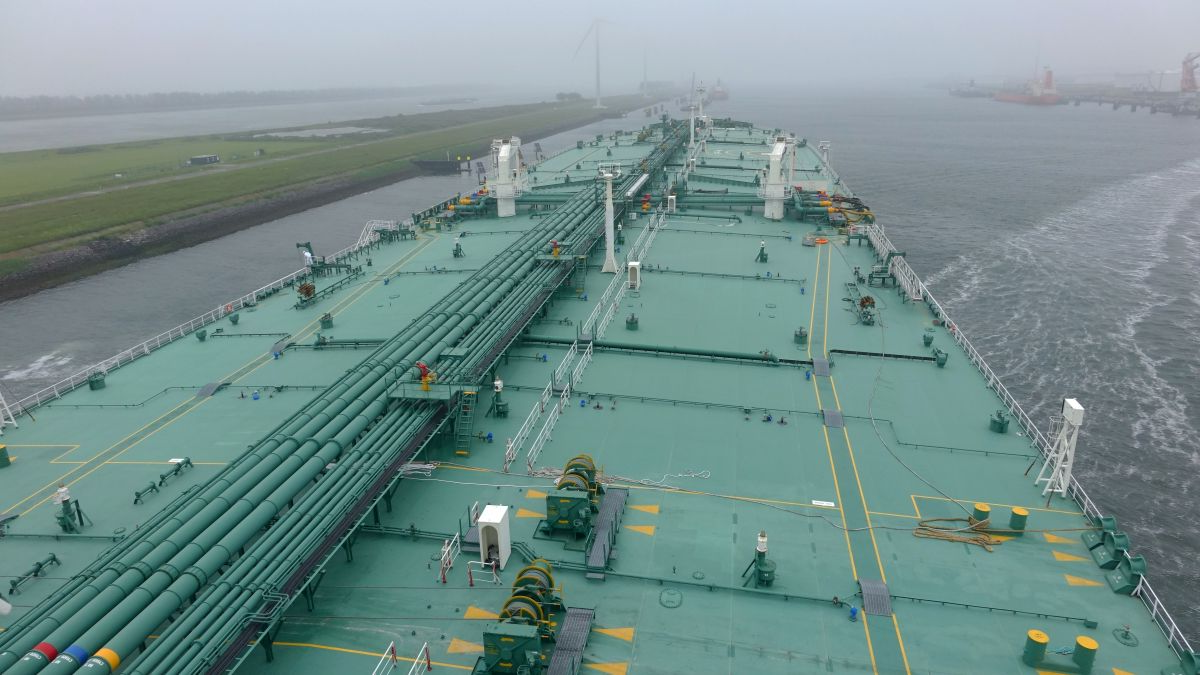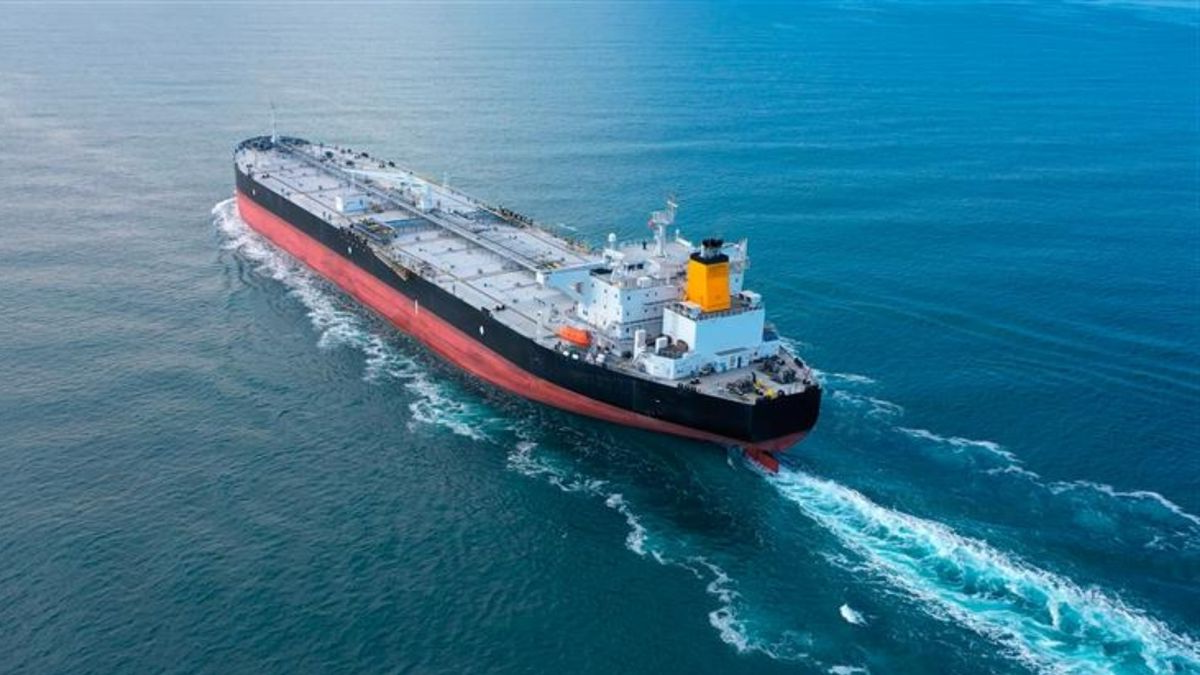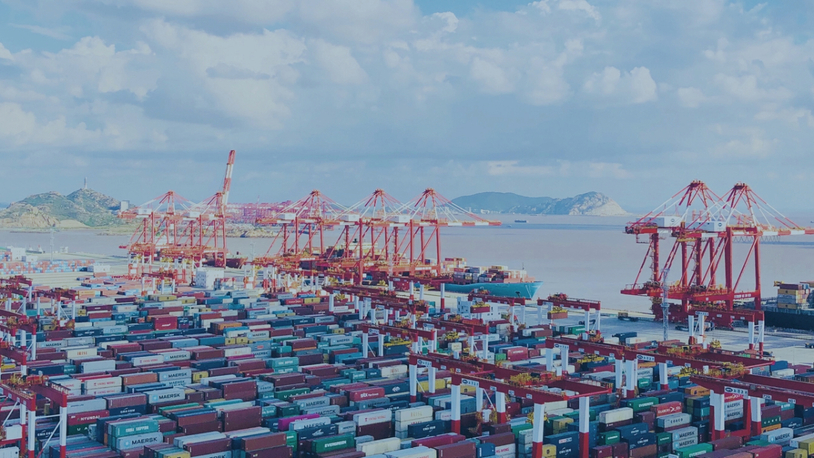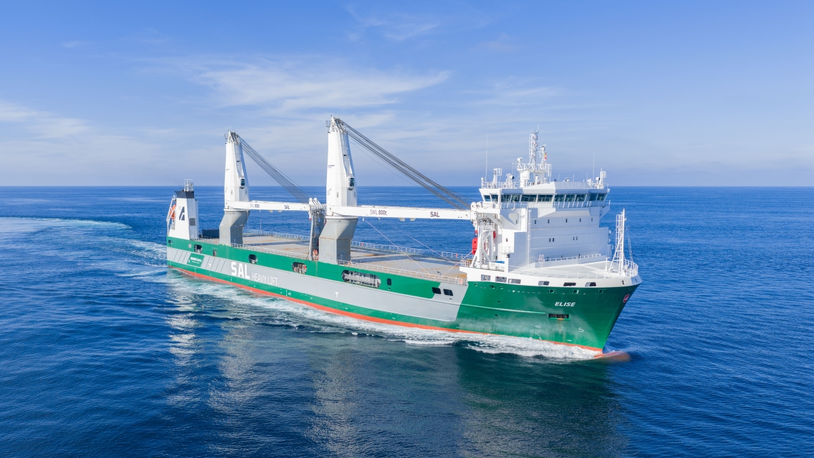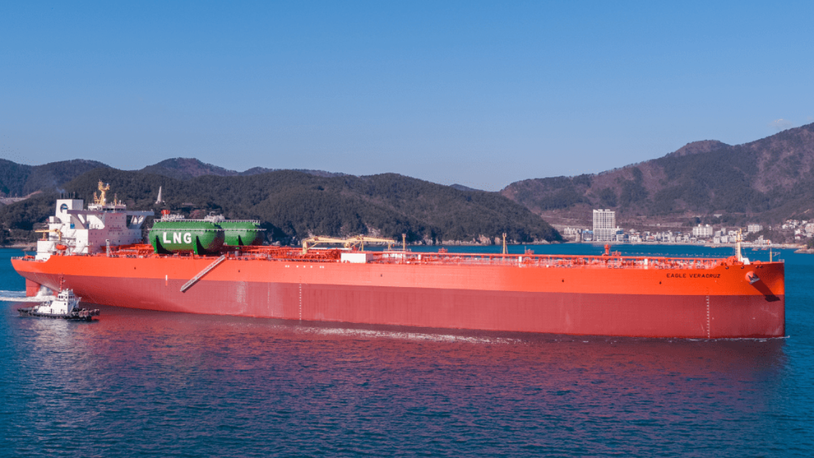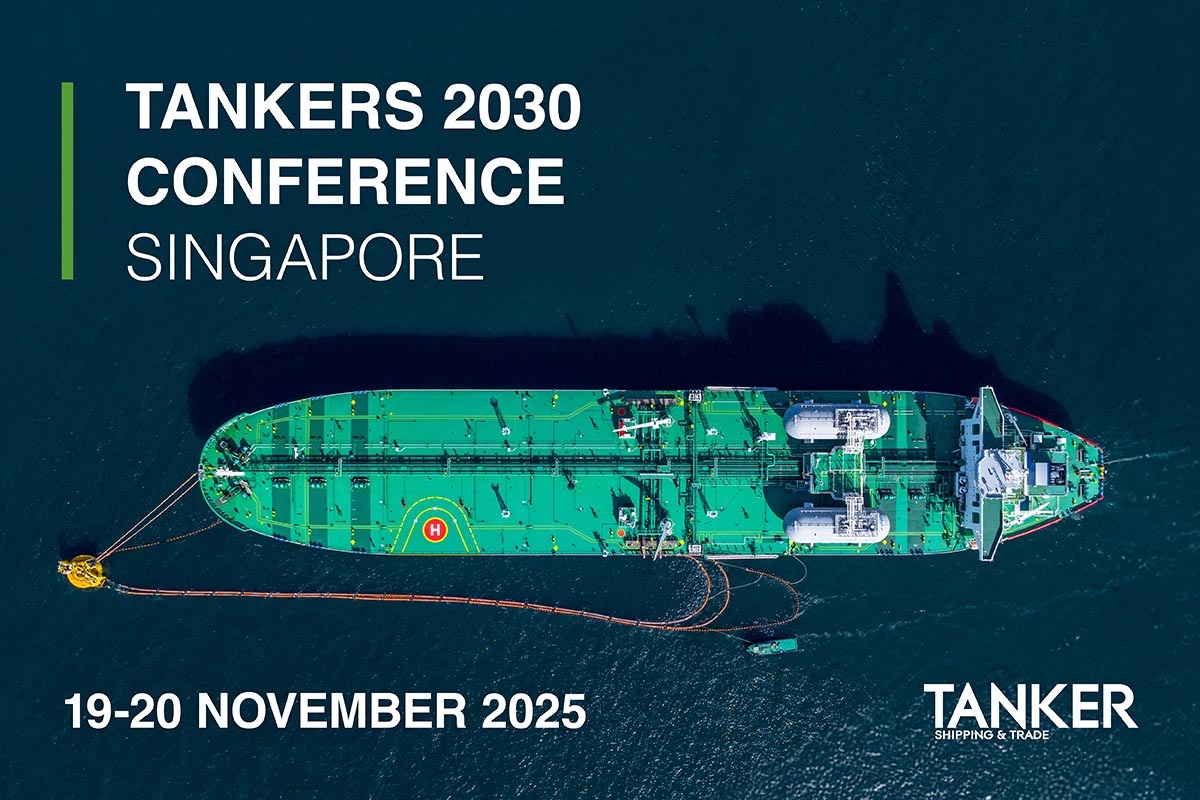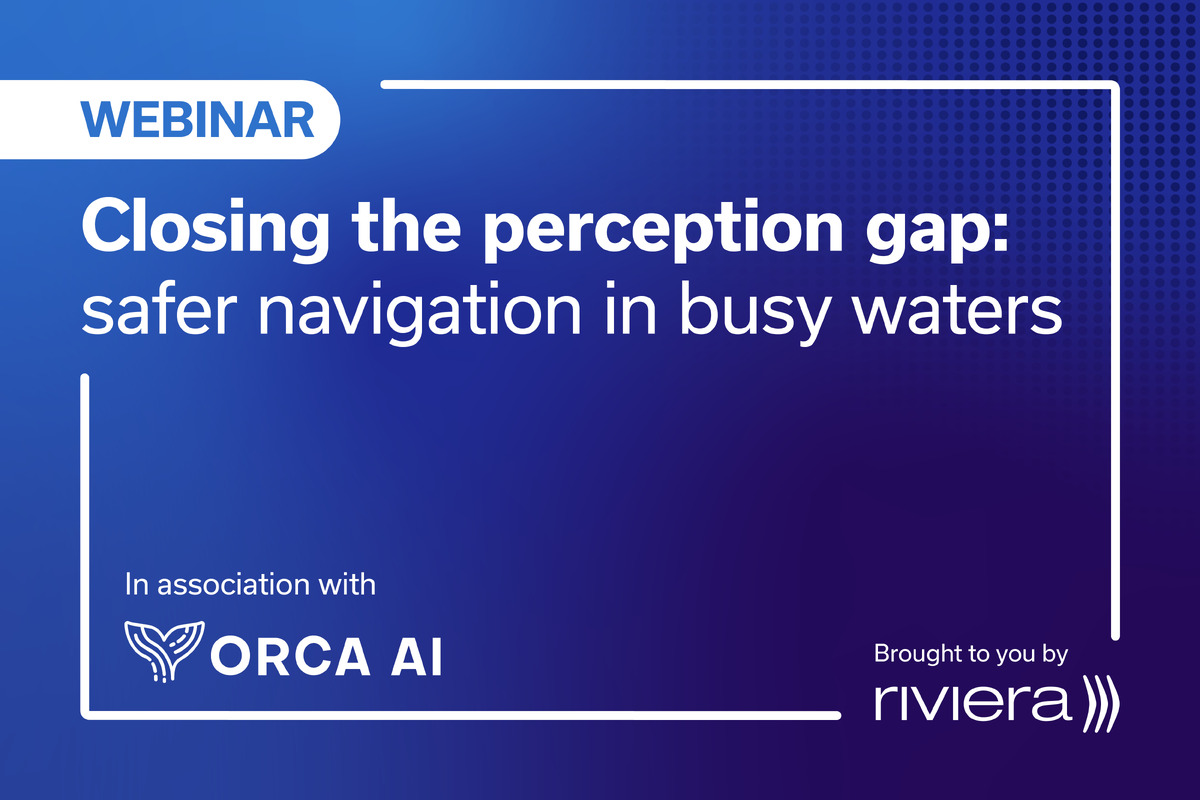Business Sectors
Contents
Biofuels' net GHG emissions could be double traditional fuels' without IMO policy changes
Deforestation-linked palm oil and soya biofuels are "two to three times worse for the climate than traditional shipping fuels," according to a new report
Hapag-Lloyd, Hurtigruten, Hoegh Autoliners and Louis Dreyfus Armateurs have all signed a letter urging International Maritime Organization (IMO) "not to encourage crop-based biofuels for ships" in drafting regulations aimed at bringing shipping industry emissions to net zero by or around 2050.
The letter asked IMO to consider excluding crop-based biofuels, such as those derived from palm and soya, from ’the eligibility list for compliance with’ Marpol Annex VI regulations by assigning these fuels the same so-called ’well-to-wake’ greenhouse gas (GHG) values assigned to the worst polluting fossil fuels. In addition, the signatories recommended IMO exclude crop-based biofuels from any economic incentives that may be awarded for use of zero and near-zero emissions fuels.
The IMO intersessional working group on greenhouse gases is meeting this week at IMO headquarters in London to discuss and develop potential techincal and economic policy measures for adoption as regulations that aim to cut shipping industry emissions to near-zero over the next 25 years.
Pointing to European Union policy measures that encouraged the use of biofuels beginning in 2009, the letter’s signatories cited evidence that demonstrated rapid uptake of palm oil and soya-based biofuels that resulted in the destruction of "carbon-rich ecosystems like forests or peatlands" between 2010-2020.
"We call on IMO and member states to discourage the use of crop-based biofuels by ships," the letter said. "IMO should take note of the biofuels policy experiences, and avoid similar mistakes to ensure a sustainable future for international shipping. Otherwise, we risk deploying a cure worse than the disease to address shipping’s climate impact."
Crop-based biofuels ’worse for the climate than traditional shipping fuels’
Crop-based biofuels have been presented as shipping’s likeliest source for what could be an exponential uptake of biofuels by the end of this decade, according to a report commissioned by the environmentally focused non-governmental organisation Transport & Environment.
Under IMO’s current draft of its forthcoming ’green fuels’ regulation, nearly a third of global shipping could run on biofuels by 2030, up from less than 1% today, according to the new research produced by academic consultancy Cerulogy for Transport & Environment.
"This [outcome] could actually exacerbate climate change and put pressure on global food supplies," the report said.
In the report’s projected biofuels uptake scenario, where the fuels are not explicitly excluded from IMO’s list of decarbonised fuels, the study shows palm and soya oil would likely make up nearly two-thirds of the biodiesel used to power the shipping industry in 2030. Cerulogy’s projection is economically based, with crop-related biofuels representing the ’cheapest’ biofuels feedstocks when policy does not specifically include the cost of the deforestation their production involves.
"This poses a serious climate problem, as palm and soya are responsible for two to three times more carbon emissions than even the dirtiest shipping fuels today, once deforestation and land clearance are taken into account," the report said.
The report calculated the projected production of crop-based biofuels in amounts necessary to meet demand for the shipping industry’s increased uptake would require farmland measuring some 34M hectares by 2030 – equalling the total land area of Germany.
Riviera’s Maritime Decarbonisation Conference Asia, will be held in Singapore, 15-16 April 2024. Use this link for more information and to reserve your place.
Related to this Story
Events
International Bulk Shipping Conference 2025
Tankers 2030 Conference
Maritime Navigation Innovation Webinar Week
© 2024 Riviera Maritime Media Ltd.


